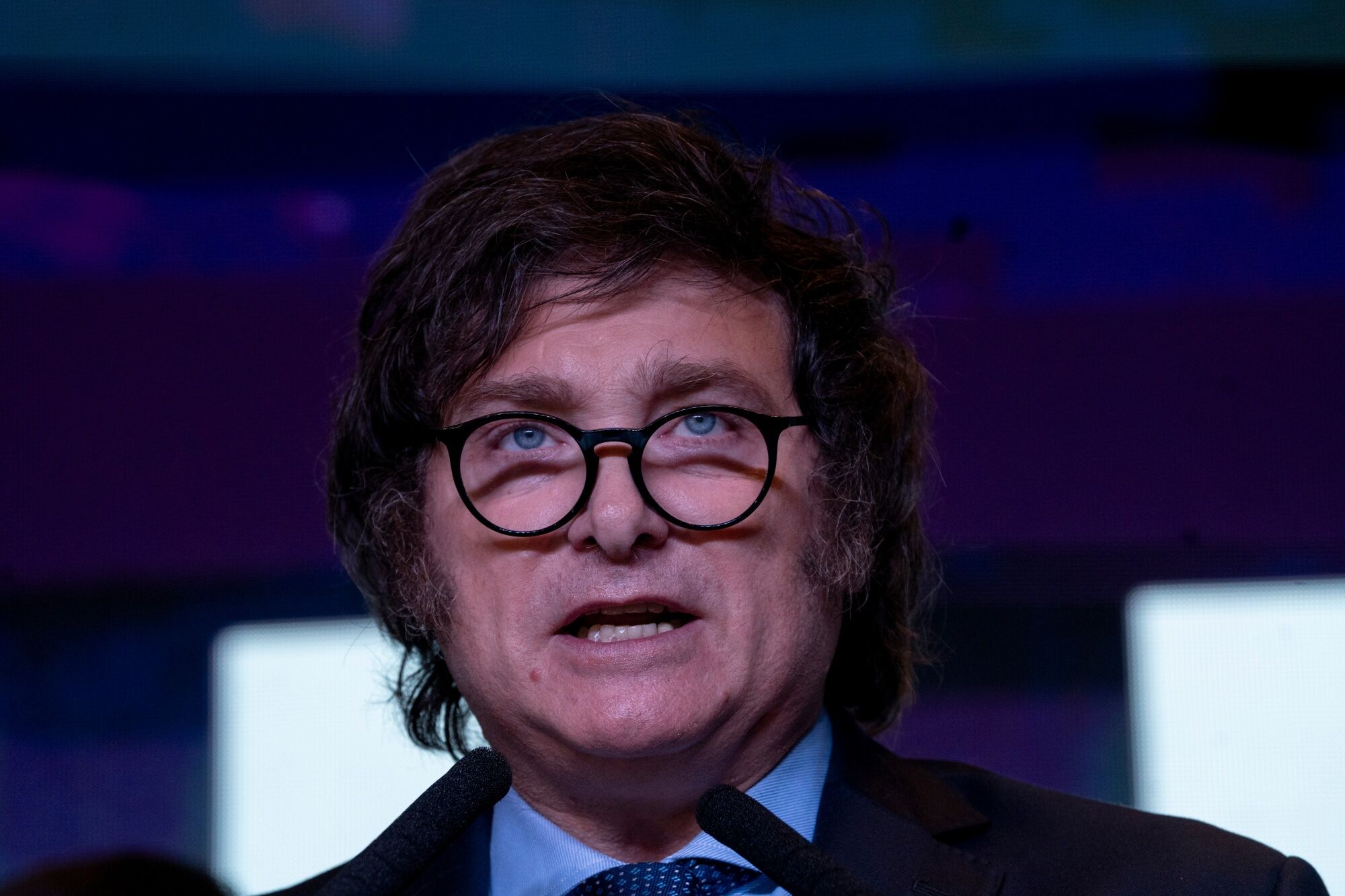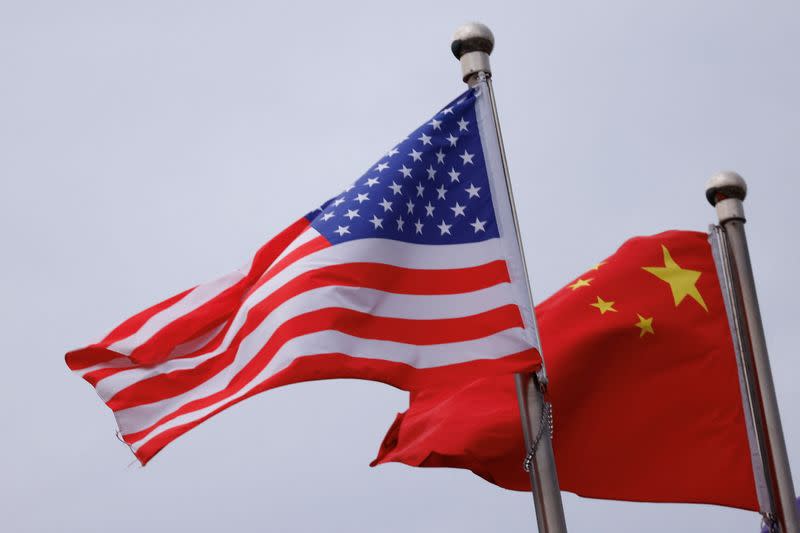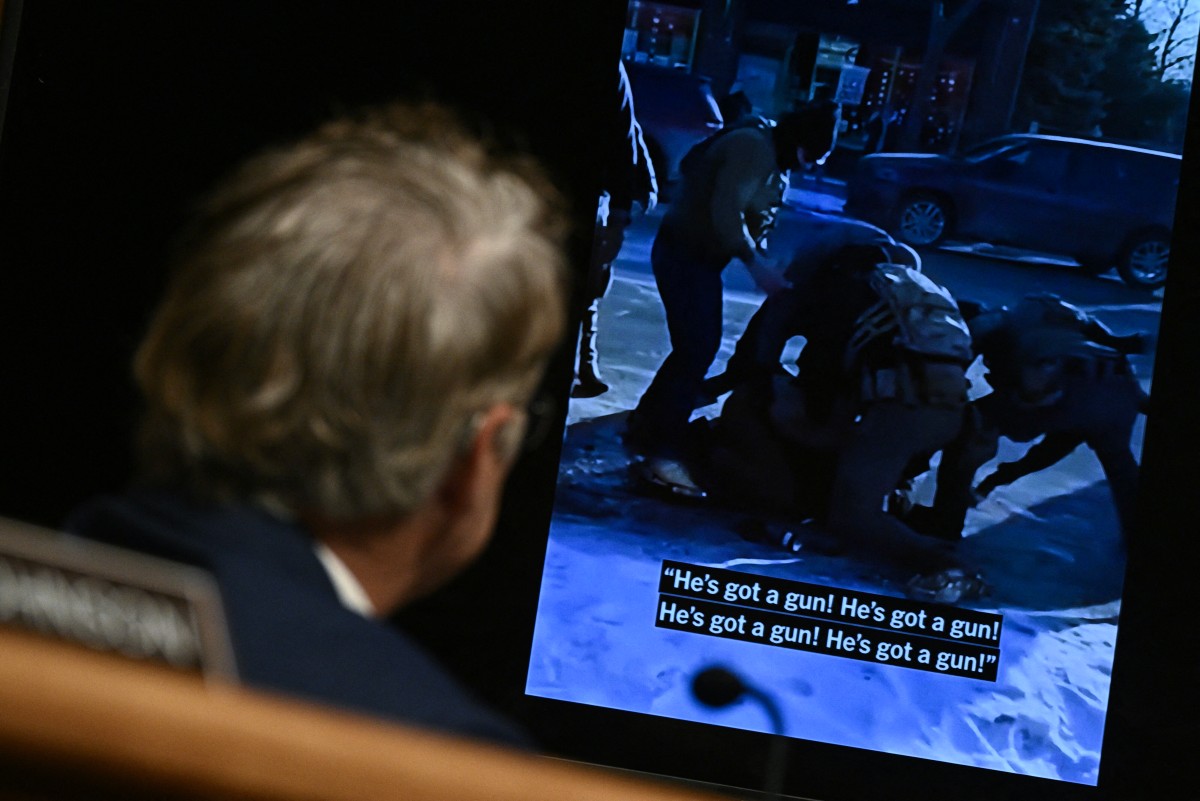International
Venezuelan President Nicolás Maduro criticizes argentine government’s October 12 Message

Venezuelan President Nicolás Maduro criticized a message published this Saturday by the Argentine government, led by far-right President Javier Milei, in commemoration of October 12. Maduro labeled Milei a “complicit in genocide.”
“Did you see what Javier Milei posted in Argentina on his official accounts? Celebrating October 12 as the great day they civilized us,” Maduro said during a phone-in at a Caracas rally marking Indigenous Resistance Day.
Earlier that day, the Argentine government shared a message “celebrating” the ‘Day of the Race’—a designation that was legally abolished in 2010—highlighting Christopher Columbus’ arrival in the Americas as the “milestone” that marked the “beginning of civilization” on the continent.
Maduro condemned the message as a “false narrative of the past” aimed at imposing a “fascist project that denies the rights of the people, independence, and the future” in the present.
“There is nothing to celebrate, neither Hispanic Heritage Day nor the Day of the Race,” the Chavista leader declared, arguing instead that 532 years ago, there was an “invasion” and “genocide.”
Venezuela’s Executive Vice President, Delcy Rodríguez, echoed these sentiments, stating on Telegram that Argentina’s Casa Rosada—the seat of the government—had been “turned into a colonized house, dragged down by the lowest anti-national and anti-Latin American interests.”
Over 1,000 people, mostly Chavistas, marched in Venezuela’s capital this Saturday to mark Indigenous Resistance Day and protest what they describe as the “genocide” committed by Spain against the indigenous peoples of the Americas in the 15th century.
Among the authorities present was Jorge Rodríguez, President of Venezuela’s National Assembly, who stated that the “genocide perpetrated by the Spanish empire in this land was crueler, more inhumane, and even more brutal than what the Nazi hierarchy did.”
The rally occurred just days after Venezuela’s National Assembly, controlled by Maduro’s ruling party, urged the Spanish government to abolish the monarchy, calling it an institution linked to corruption and an “expression of the far-right.” The Assembly also called on Maduro to sever diplomatic, consular, and commercial ties with Spain.
The Venezuelan government has repeatedly insisted that Spain “should apologize every day” for the “genocide” of the 15th century and called for the promotion of “channels to achieve recognition, justice, and reparations for these crimes against humanity.”
International
Florida judge sets 2027 trial in Trump’s $10 billion lawsuit against BBC

A federal judge in Florida has scheduled February 2027 for the trial in the lawsuit filed by U.S. President Donald Trump against the BBC, in which he is seeking $10 billion in damages for defamation.
Trump accuses the British broadcaster of airing a misleading edit of a speech he delivered on January 6, 2021, which, he says, made it appear that he explicitly urged his supporters to attack the U.S. Capitol in Washington.
The president filed the suit in December in federal court in Florida, alleging defamation and violations of a law governing business practices when the program was broadcast ahead of the 2024 election.
Trump is seeking $5 billion in damages for each of the two claims.
Lawyers for the BBC unsuccessfully asked the court to dismiss the case, arguing that Trump had not suffered a “legally recognizable harm,” since the investigative program Panorama, which included the edited footage, aired outside the United States.
International
Head-of-state diplomacy key to guiding China–U.S. ties, Beijing says

Head-of-state diplomacy plays an irreplaceable strategic guiding role in China–United States relations, Chinese Foreign Ministry spokesperson Lin Jian said on Thursday during a regular press briefing, when asked about high-level exchanges between the two sides.
Lin added that in a recent phone call, U.S. President Donald Trump once again expressed his intention to visit China in April, while Chinese President Xi Jinping reiterated his invitation.
Both sides remain in communication regarding the matter, the spokesperson said.
Lin noted that the essence of China–U.S. economic and trade ties lies in mutual benefit and win-win outcomes.
“Both parties should work together to implement the important consensus reached by the two heads of state, injecting greater certainty and stability into China–U.S. economic and trade cooperation, as well as into the global economy,” he said.
International
Trump administration to end special immigration operation in Minnesota

The administration of Donald Trump is bringing to a close its special operation targeting illegal immigration in the northern state of Minnesota, border czar Tom Homan announced Thursday, following weeks of unrest and the fatal shootings of two activists by federal agents.
Thousands of federal officers had been deployed to Minnesota in December to carry out large-scale raids against undocumented immigrants.
The operations triggered strong reactions from residents and advocacy groups, leading to daily confrontations and the deaths of two people who were shot by federal agents.
“I proposed, and President Trump agreed, that this special operation should end in Minnesota,” Homan said during a press conference in the state capital, Minneapolis.
“A significant drawdown began this week and will continue into next week,” he added.
Homan indicated that similar enforcement efforts could be launched in other cities.
“Next week we will redeploy the agents currently here back to their home stations or to other parts of the country where they are needed. But we will continue to enforce immigration laws,” he said.
-

 Central America4 days ago
Central America4 days agoGuatemala isolates Barrio 18 leader after attacks that killed 11 police
-

 Sports5 days ago
Sports5 days agoShakira ignites El Salvador with near sold-out residency at Mágico González Stadium
-

 International2 days ago
International2 days agoU.S. Health Department says CDC grants no longer match agency priorities
-

 International1 day ago
International1 day agoOver 50 Civil Groups Urge House to Impeach DHS Secretary Kristi Noem
-

 International2 days ago
International2 days agoICE Arrests Reach 379,000 Under Trump, Testimony Shows Amid Minnesota Shootings
-

 Central America1 day ago
Central America1 day agoGuatemala to Phase Out Longstanding Medical Cooperation Agreement with Cuba
-

 International2 days ago
International2 days agoDespite homicide drop, overall deadly violence remains high in Mexico: study
-

 International2 days ago
International2 days agoSheinbaum Urges Mexico to ‘Jealously’ Guard Sovereignty at Air Force Anniversary
-

 International2 days ago
International2 days agoJet Fuel Crisis Hits Cuba: Flights Disrupted, Air Canada Cancels Services
-

 International2 days ago
International2 days agoMEPs Approve Plan That Could Fast-Track Rejection of Some Asylum Claims
-

 International1 day ago
International1 day agoNew York’s New Archbishop Names Óscar Romero as His Favorite Saint
-

 International2 days ago
International2 days agoMexico Rises Slightly to 141st in Global Corruption Perceptions Index 2025
-

 International3 hours ago
International3 hours agoFlorida judge sets 2027 trial in Trump’s $10 billion lawsuit against BBC
-

 International3 hours ago
International3 hours agoTrump administration to end special immigration operation in Minnesota
-

 International3 hours ago
International3 hours agoHead-of-state diplomacy key to guiding China–U.S. ties, Beijing says
-

 International1 day ago
International1 day agoExclusive Tucson Neighborhood Shaken by Disappearance of Savannah Guthrie’s Mother
-

 International2 days ago
International2 days agoChile Unveils Latam-GPT to Give Latin America Its Own AI Model


























